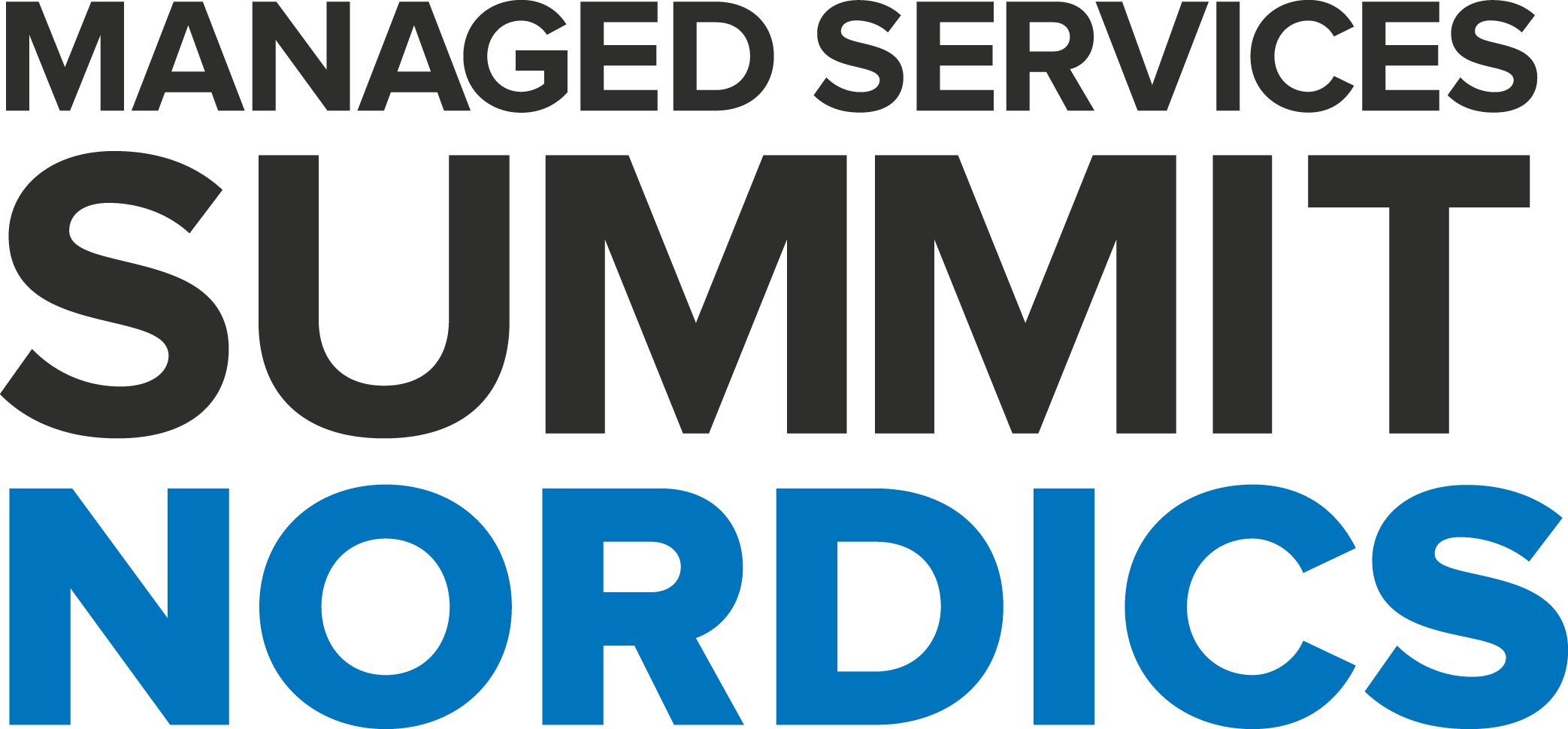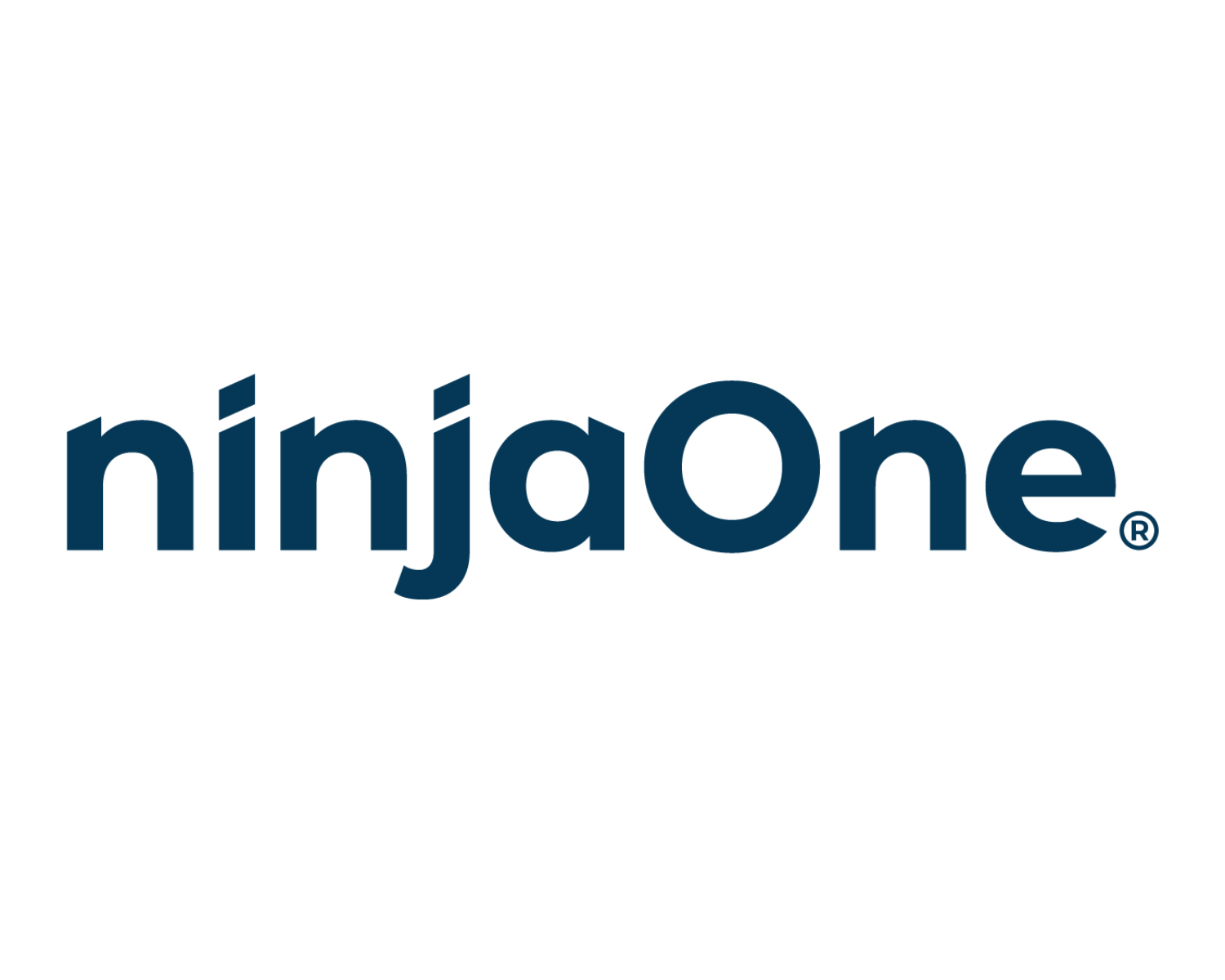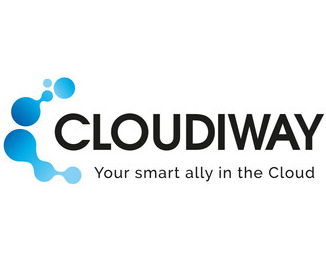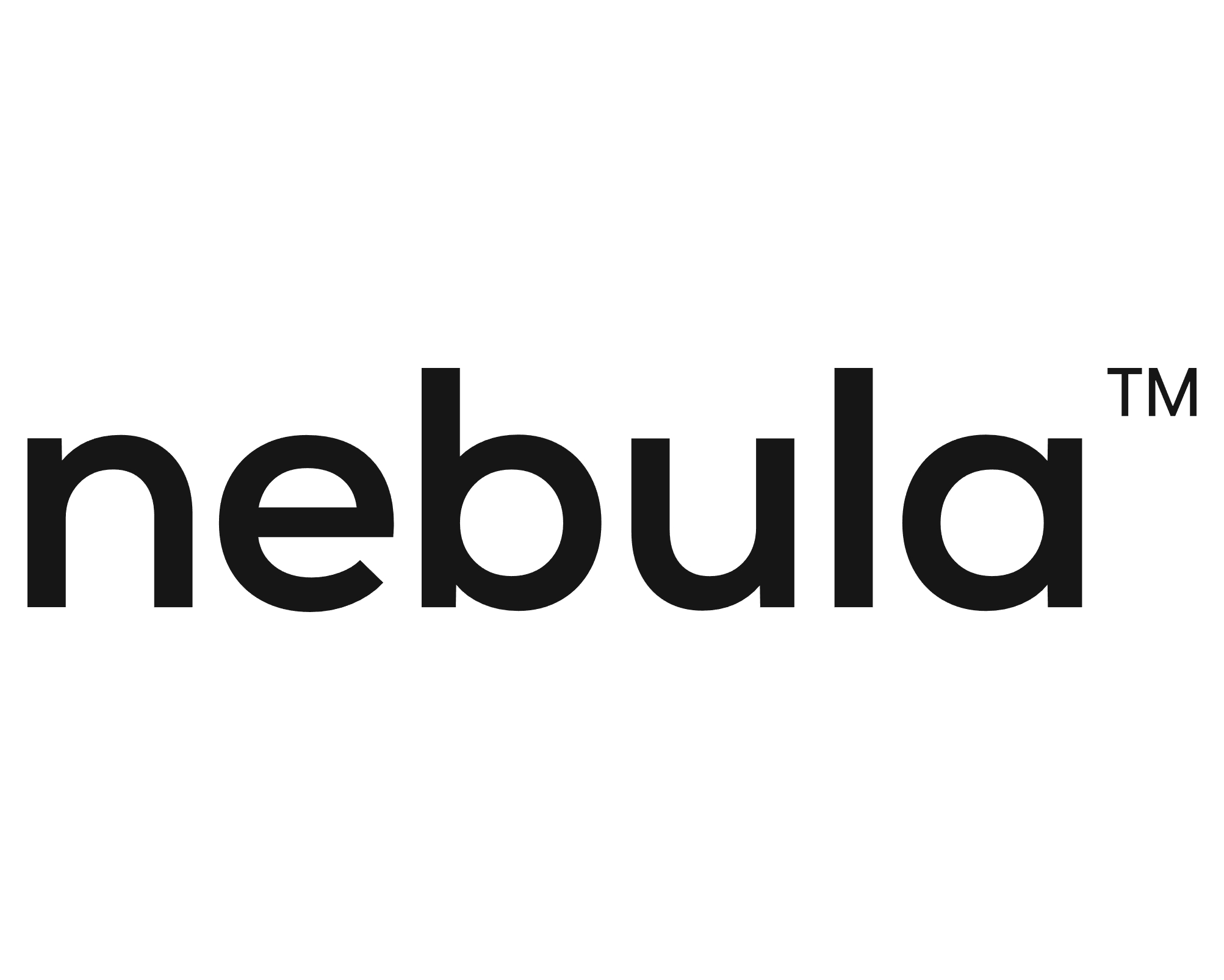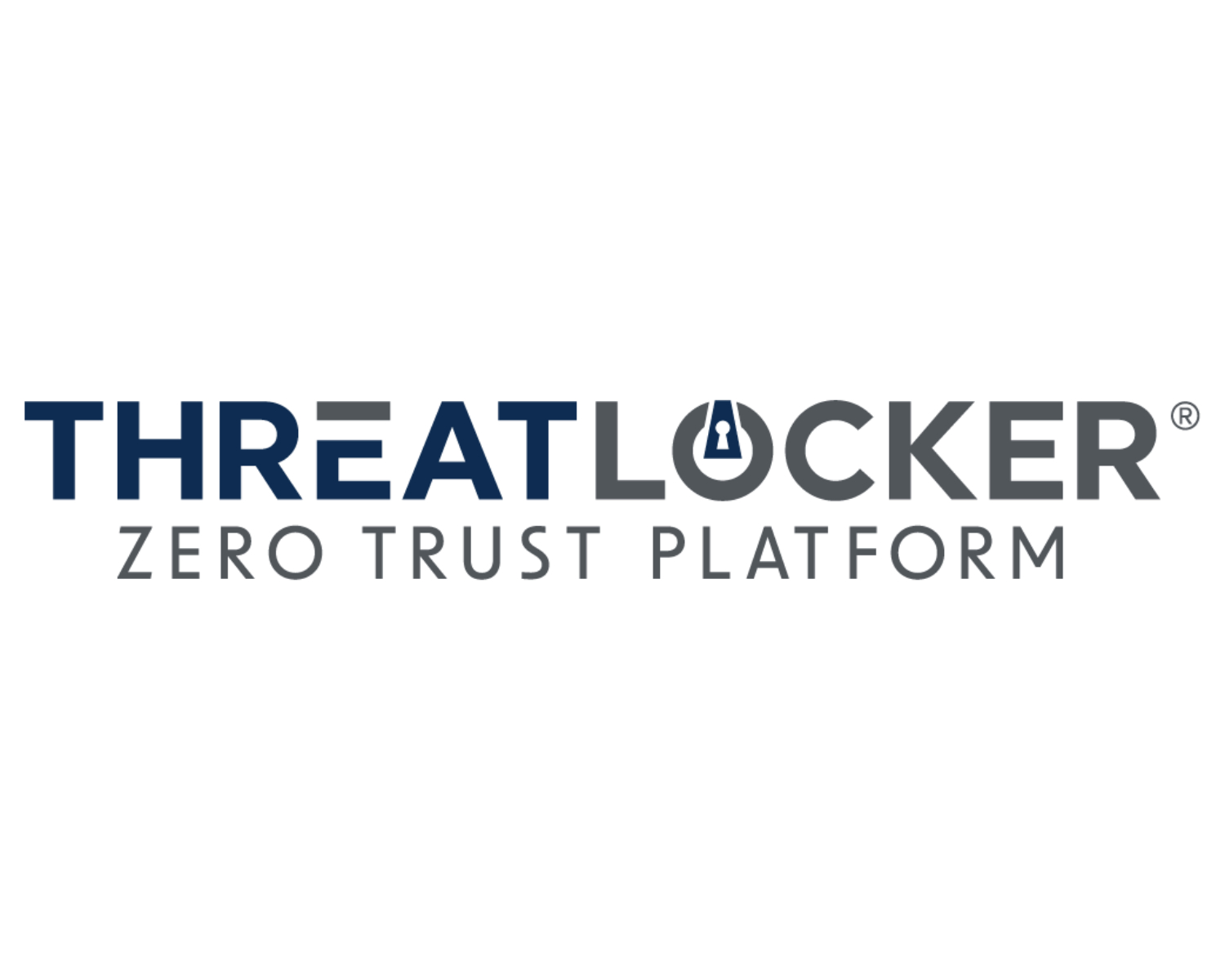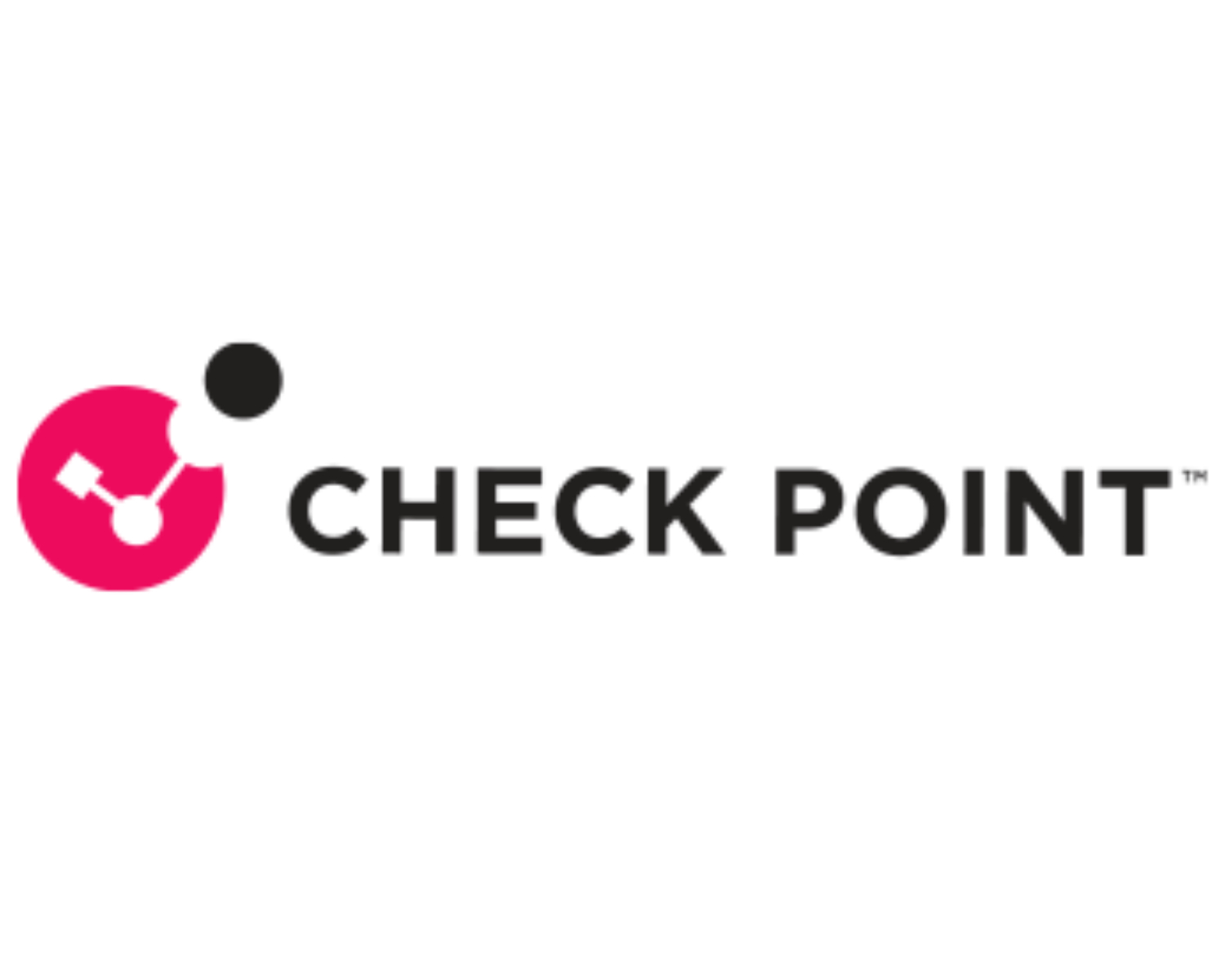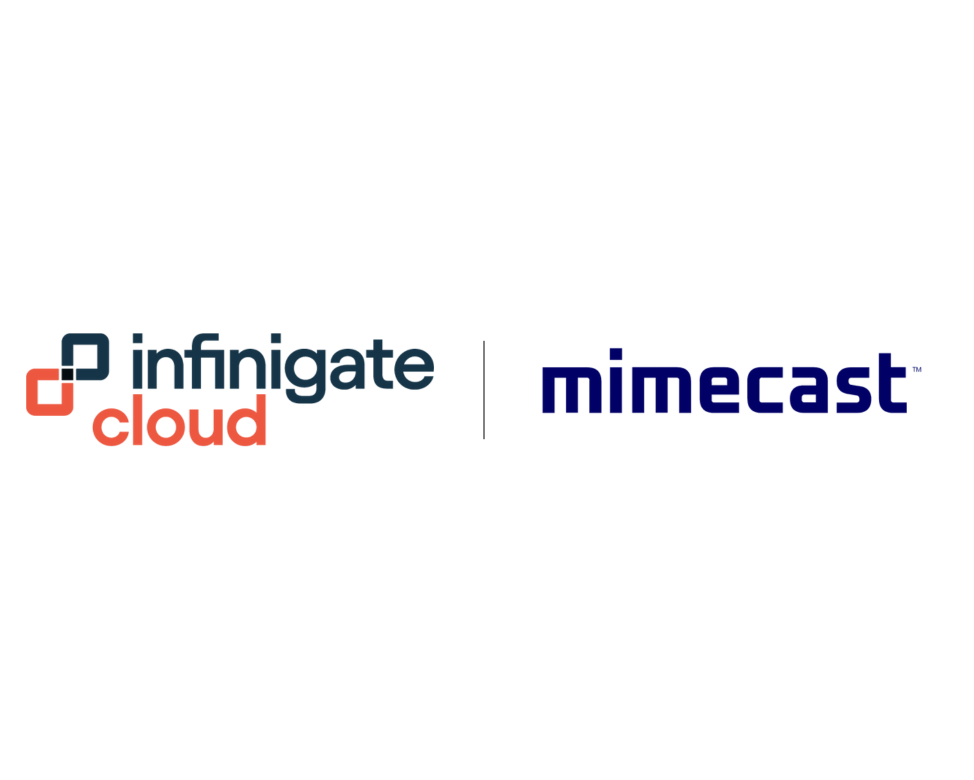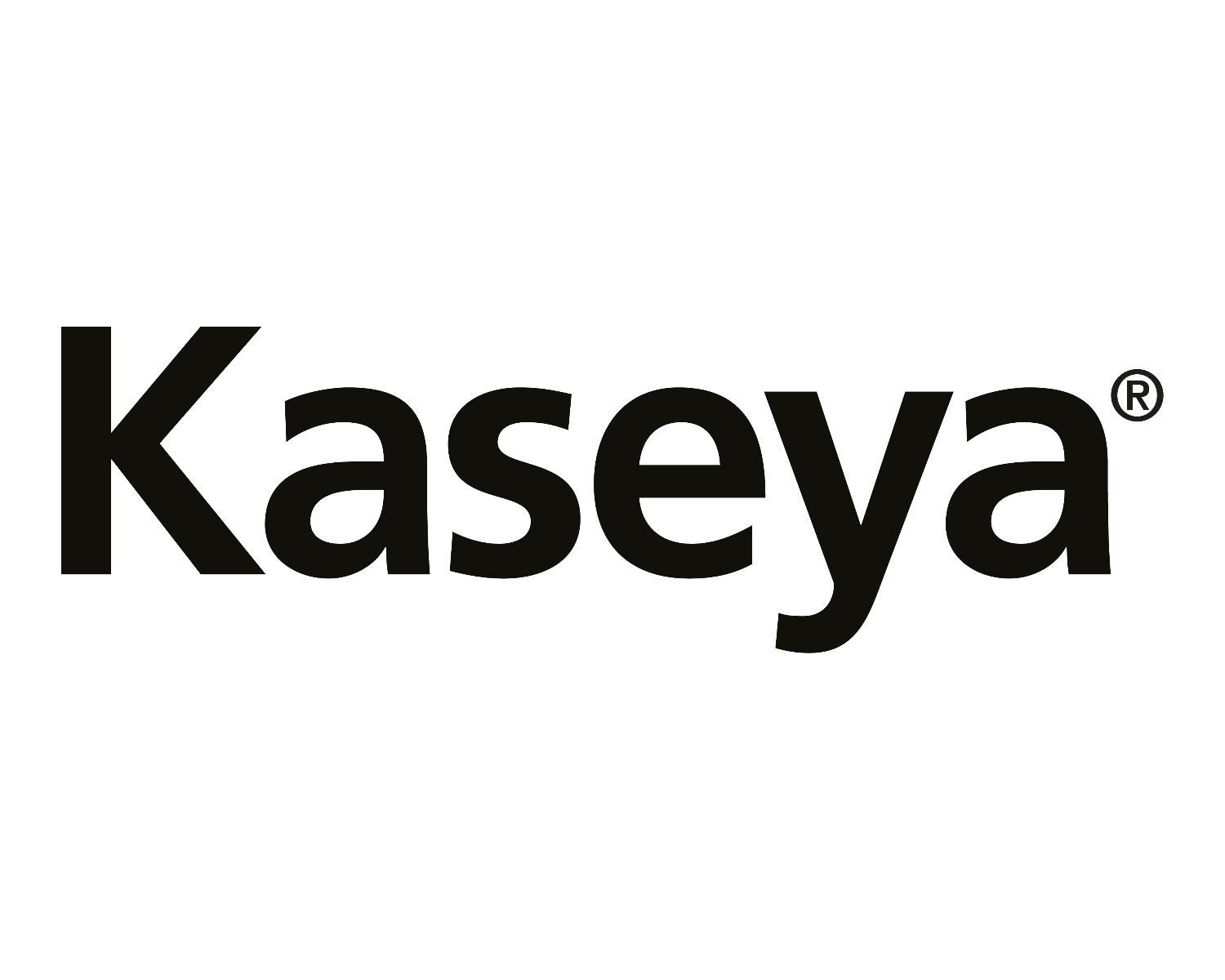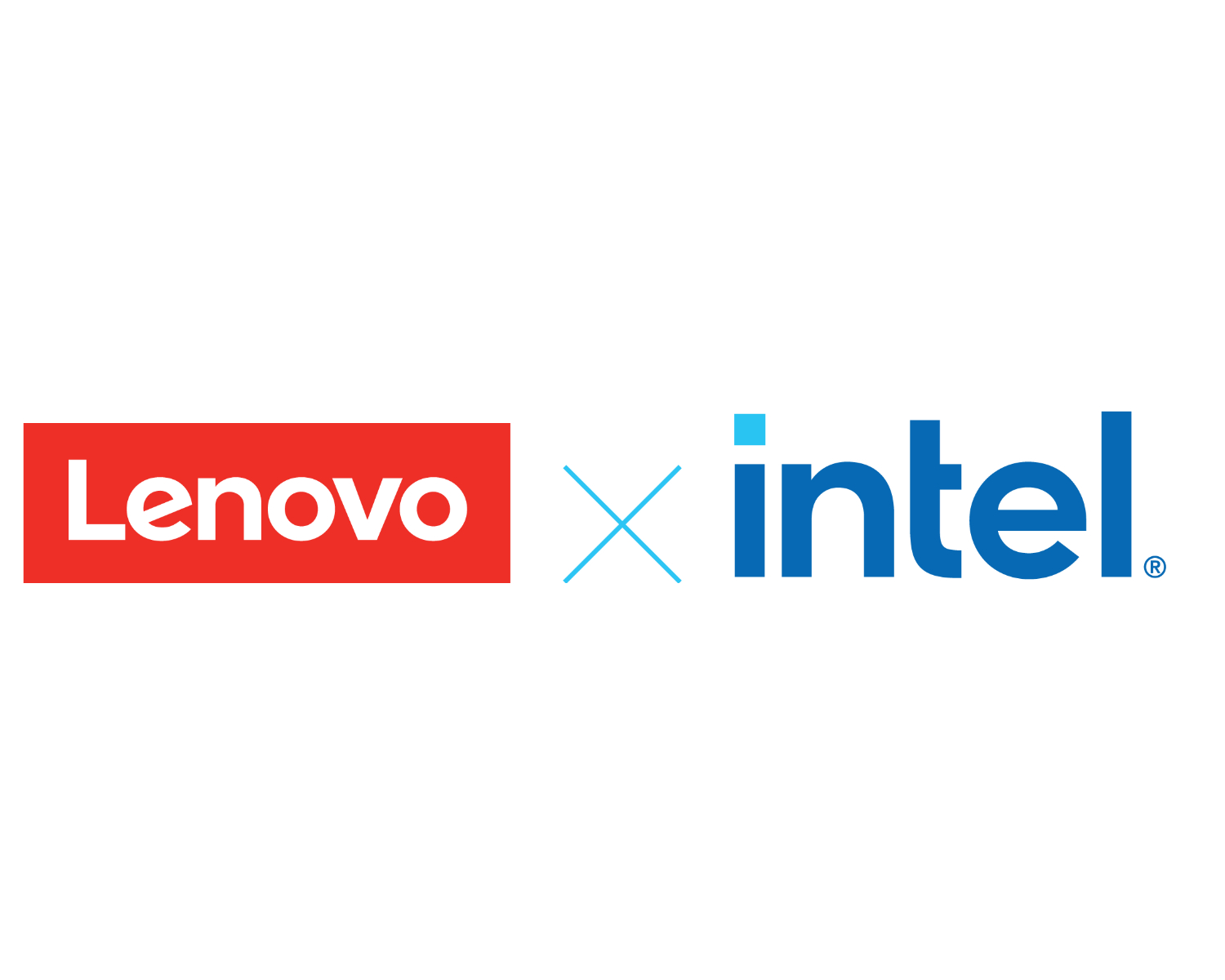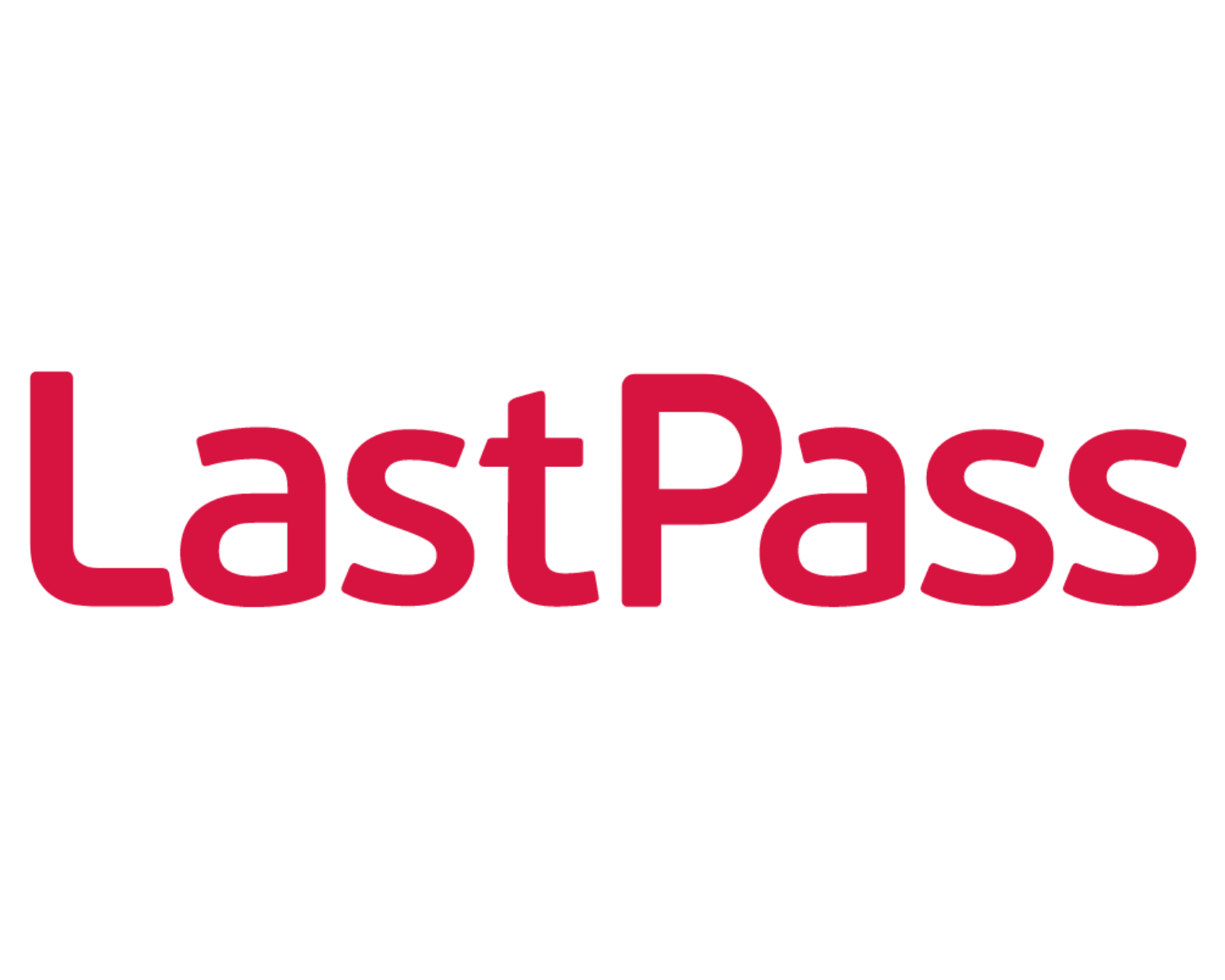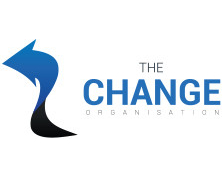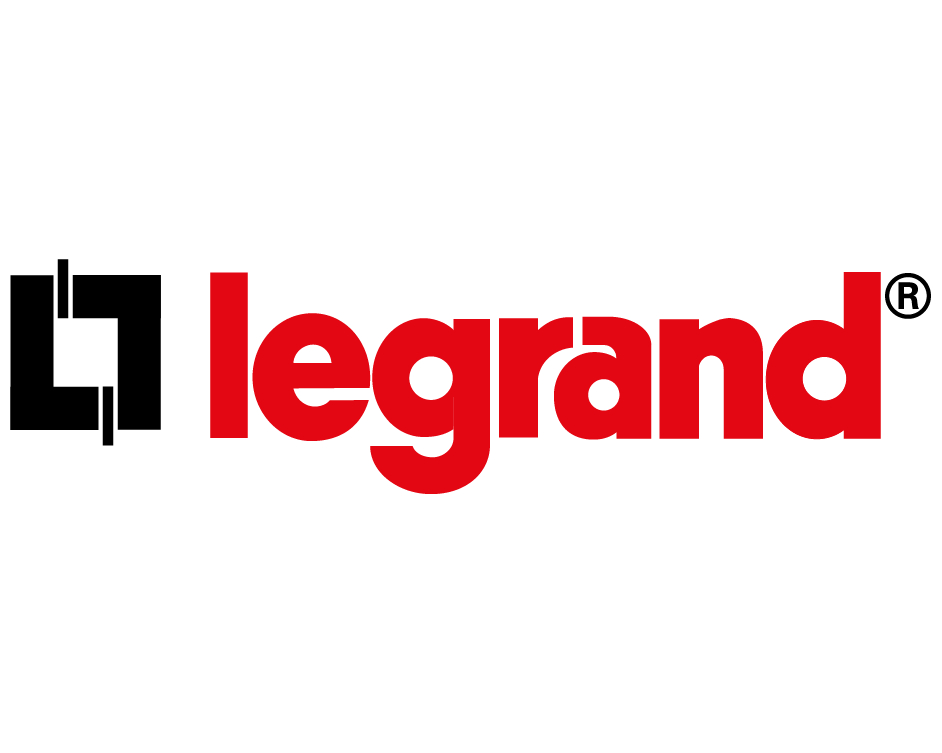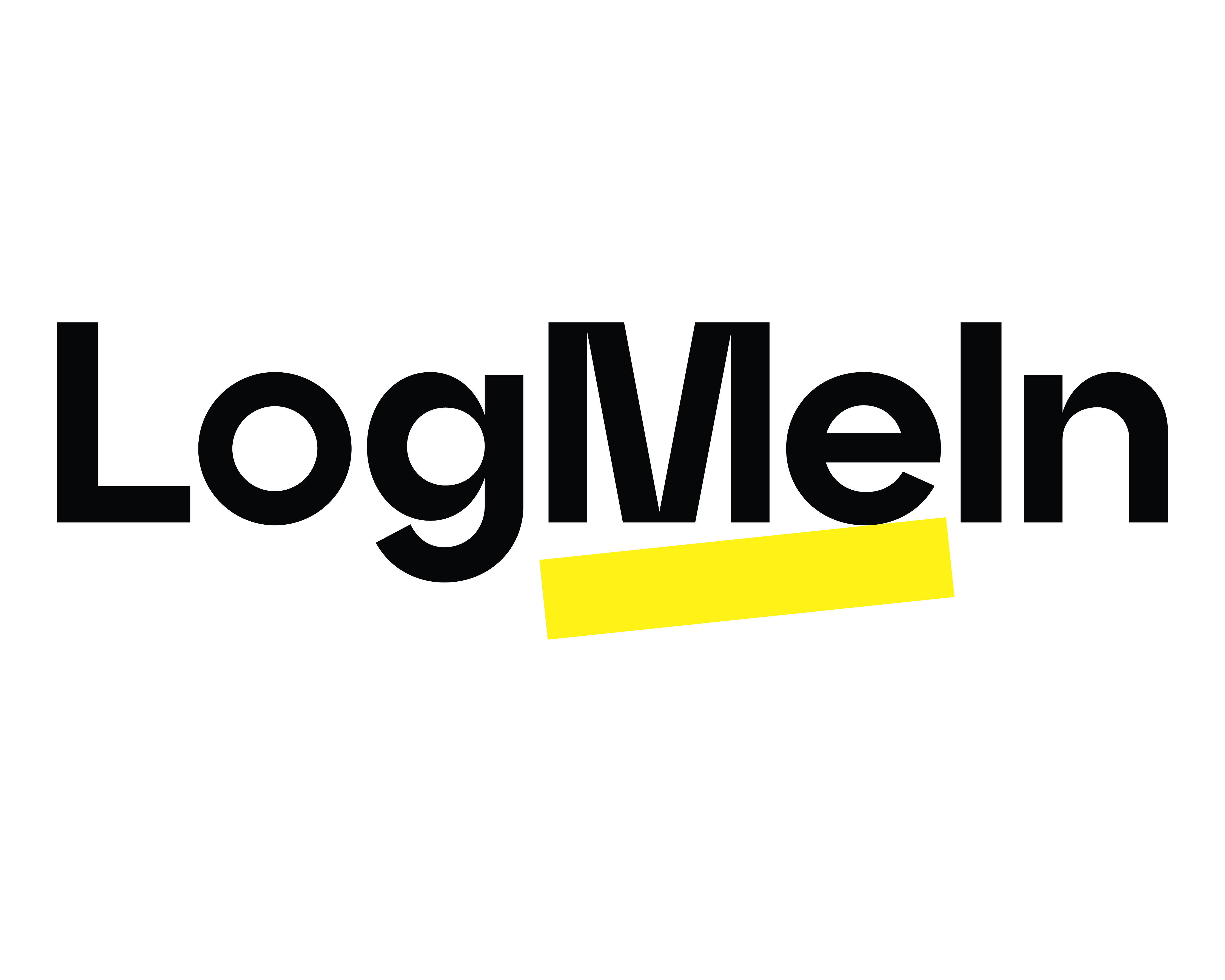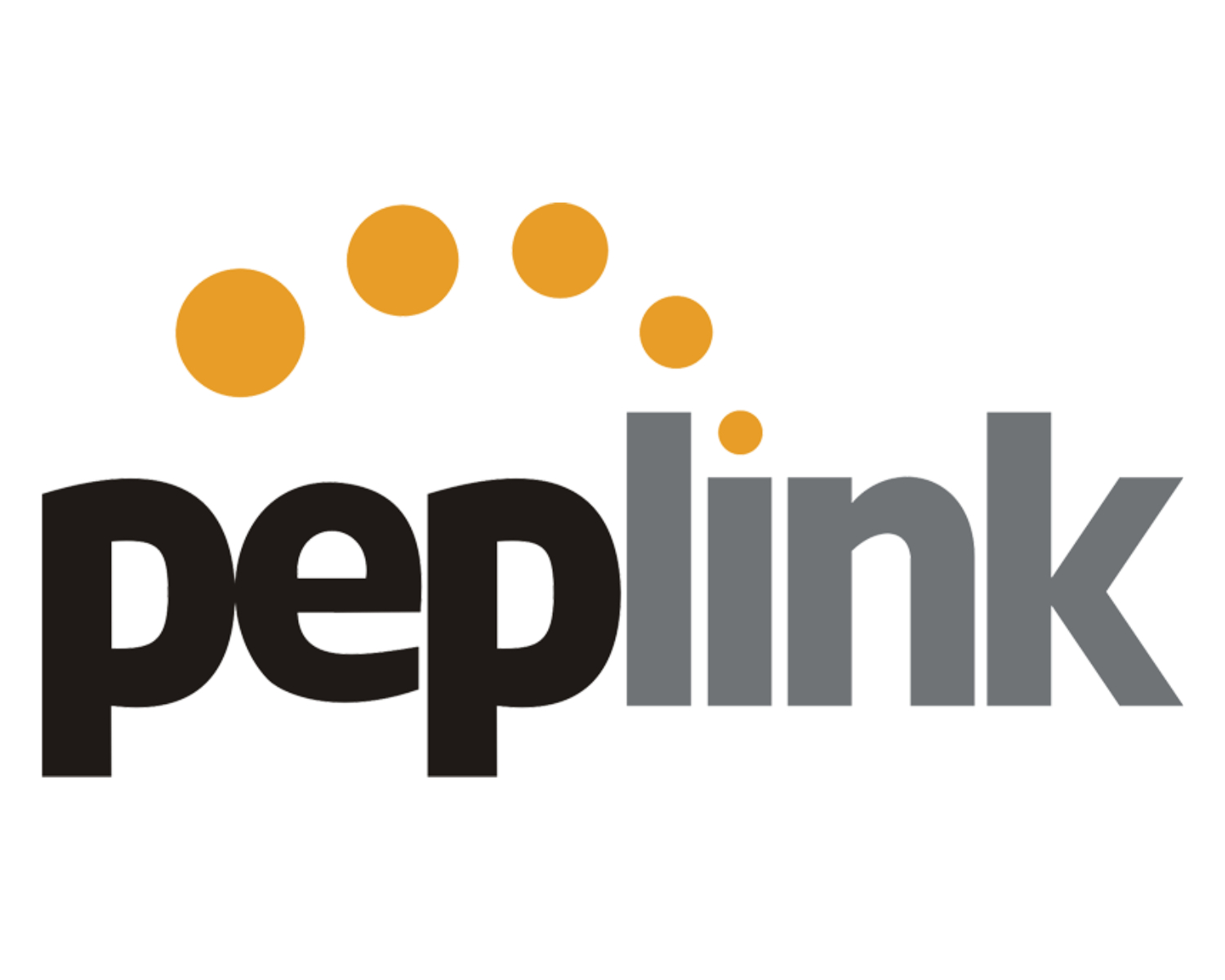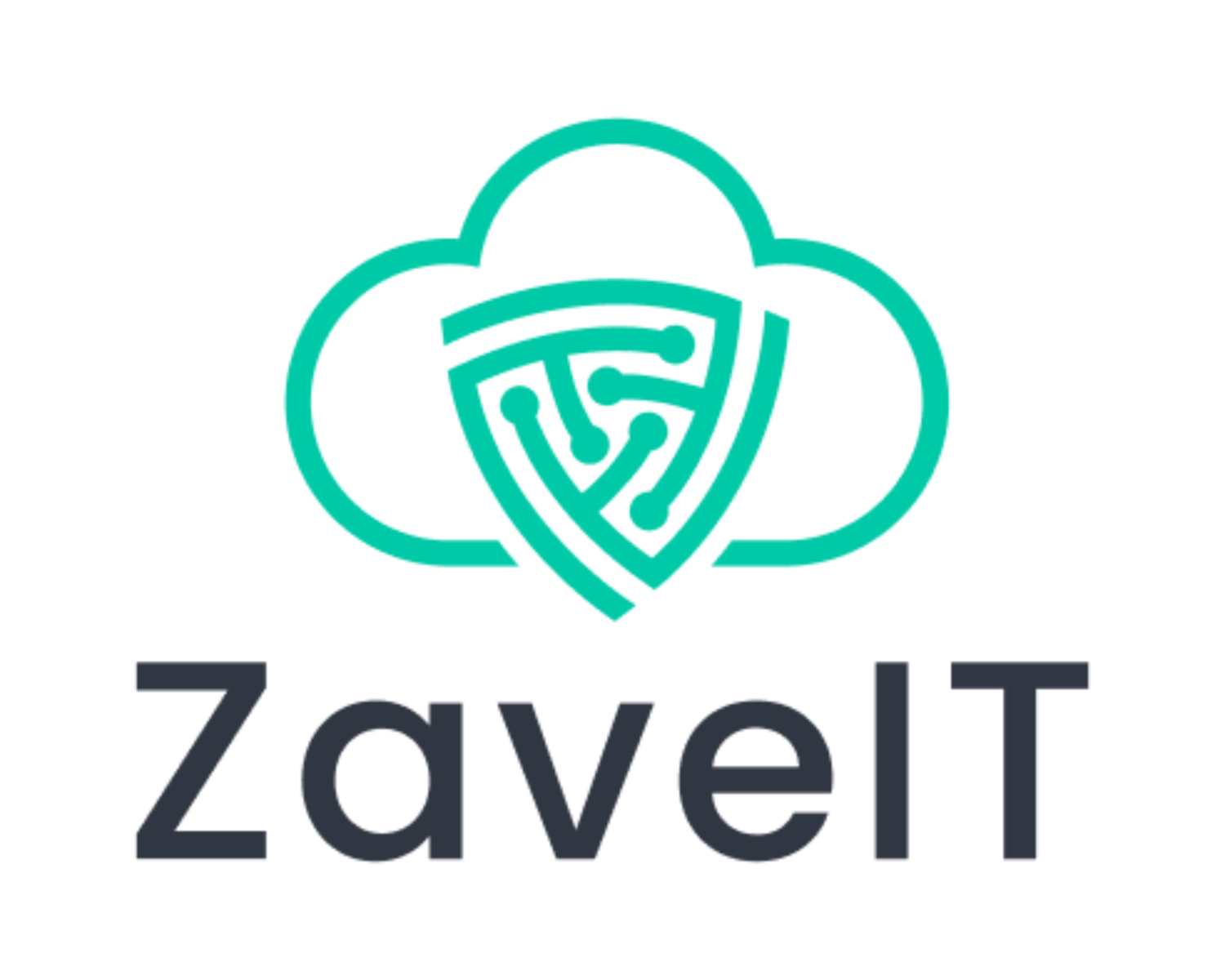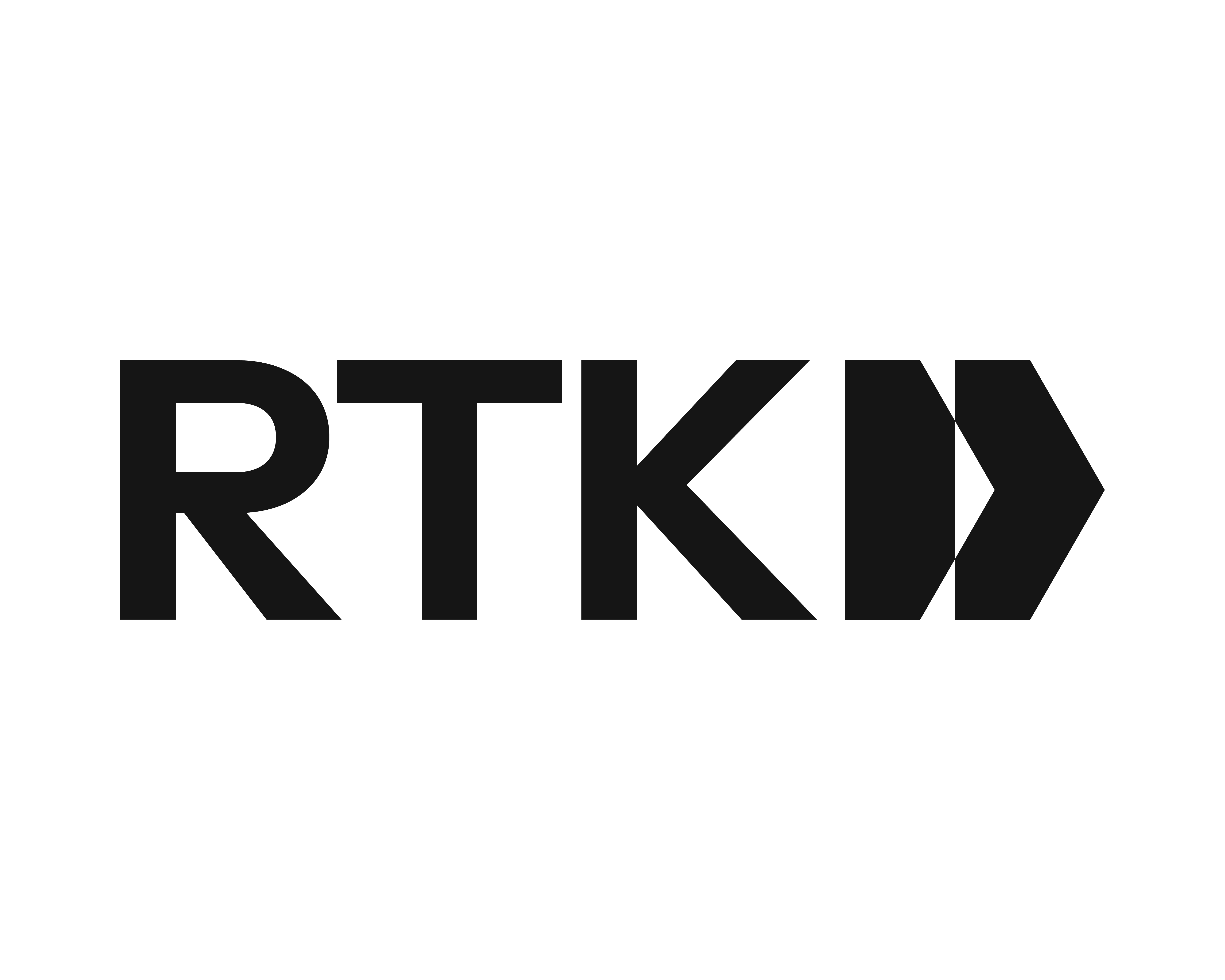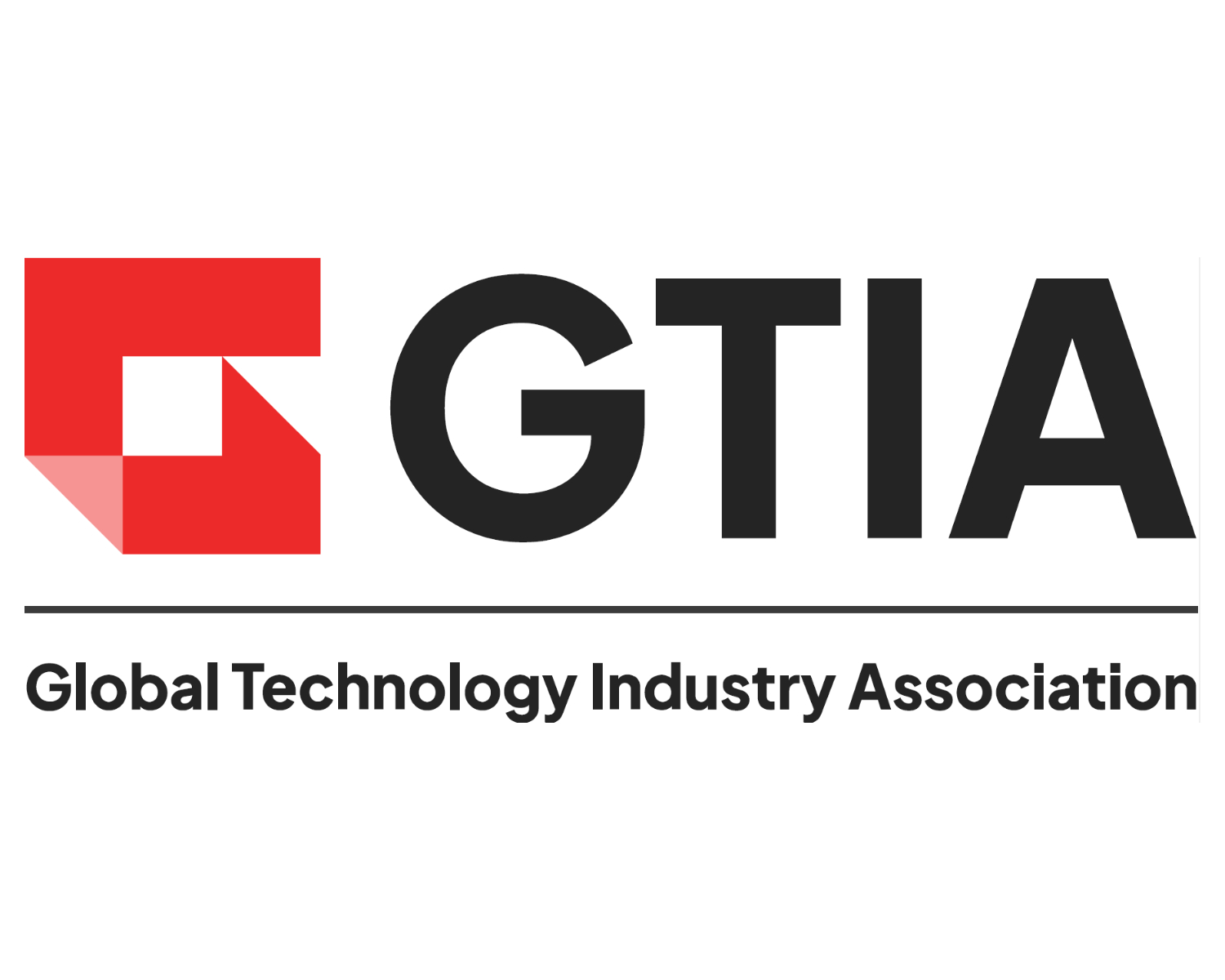Chris Tate, Datto Business Development Director, EMEA
“The value of this event is huge; it is actually two-fold – one of which is meeting new MSPs and partners that come into the business. But it is just as valuable as a great way to connect with our existing partnerbase where we may not see a lot of them apart from one or two events a year. It is always good to see them, to talk about new products and services we are offering. The sessions are great – really informative - but the breaks and networking are really useful for us as well.”
Nadia Karatsoreos, SolarWinds MSP Channel Development and Enablement
“It is always a great event…. so excited to be here again. Education of partners is something we take really seriously – not just on technology but also on the business side of things.”
Value of this event: “I love these types of event – it gets everyone in one place; spending time on their business rather than in their business. It gives them a great opportunity to meet vendors, maybe find out what new technologies are coming out, but also that peer-to-peer networking time. I’m just standing there listening to peoples’ conversations; listening to the questions they are asking. I can see that a lot of the MSPs can see the value in it as they are trying to transform, whether it is with security services, or print services or whatever, it is a great opportunity to get together with their peers.”
Sam Wallis, Senior Account manager at Autotask
“This is my third year at this event, and it is something that Autotask takes seriously. At this event we find good quality, strong conversations, with good quality people. For us personally it is about meeting with Autotask customers, including those who may not be customers yet – those we don’t know yet and who we are meeting for the first time.” We find [the event offers] very rich content from the likes of Gartner and the viewpoints of actual MSPs, plus a very good delegate list.”
Cobweb’s MD Michael Frisby on the need for marketing and training
Cobweb’s Managing Director talks about the issues in marketing and selling security as a service on behalf of Mimecast. In this talk to the 2017 Managed Services and Hosting Summit Michael relates how 70% of the buyer’s journey is done before they pick up the phone to us, hence the need for marketing. “Some 8%-10% of our revenues are now spent on marketing,” he says, “both on acquiring new customers and continuing to engage with the existing clients to drive that lifetime customer value.”
On the issue of security, he says “you cannot protect at the perimeter any more. Defence starts with protecting the identity, then.”
“We help customers in the three ways – help them think about productivity, modernise the infrastructure and secure the business. Productivity in particular is about a lot more than selling Office 365.”
Partnering is absolutely essential; managed services is a journey and organisations involved have to become much more about learning and their own education as they go through these changes, he concludes, adding that Cobweb has increased its training budget four-fold going in to the current year. The experience that the customer gets is only as good as the people who can deliver it.
David Groves, Director of Product Management, Maintel on the MSPs need for changing processes and mindsets
“Security is at the heart of what we do and we do it through managed services,” David Groves, Director of Product Management. Maintel told the 2017 Managed Services and Hosting Summit on behalf of Highlight. But this has meant changes in the organisation, transitioning from a maintenance service which is purely reactive. “Moving to becoming proactive is a different style and is what we call a managed service, very much aligned with the customer’s business processes.”
Providing things much more in line with what the customer needs is a higher value service. “In terms of people, we have had to change our culture, which is a different mindset from measuring uptime.” Processes also change, and the methodology, systems and customer engagement changes.
David Riemenschneider, director of M&A advisor Hampleton
David Riemenschneider, director of M&A advisor Hampleton told the summit that now (September 2017) is a good time to do deals; prices are good, there is a lot of private equity funding and a number of buyers. “Look at the NASDAQ index,” he said. “This is an indicator of when businesses are making profits and have money to buy other companies. I believe in gravity – at some time something will happen, but at the present, it looks OK. Timing of when you sell your company is important.”
And looking at where the deals are taking place – Europe is doing well – a quarter of the tech deals in M&A are in Europe and two thirds of those are bought and sold in Europe. “You don’t need to look outside your home market”.
Reviewing the sectors in the IT industry, he found the AI sector is interesting. Multiples in AI are robust at 2.6x revenue but a lot of the AI companies’ valuations are off the charts and being sold pre-profit. Cybersecurity also has high revenue multiples. “At around 6 times revenue. IoT has been everywhere, and there are some very big buyers for example, if you are in a sector that Softbank likes – they look at everything and did one deal at 45 times revenue – that doesn’t happen very often,” he said.
Other areas of interest: financial services – fintech - where a typical revenue of 2.9 multiple; digital marketing 1.6 x revenue model, in e-commerce transaction volume is rising – particularly in enterprise software. SaaS and cloud are also strong.
When is the right time to transact? Things are good currently in almost every sector, he told the conference. One obvious tip: deal when the market is going well.
“So in a strong M&A market – now would be a good time”. If you are in a hot space and know about your sector and what your competitors are doing then consider a sale. Other indicators: if you have an approach from a strategic buyer – don’t start talking, but bring advisors in. Advisors always get you more, and there is a lot of work to do: A typical company with have around five executives to deal with. Due diligence checklists of around 840 questions – of which 400 can be rejected to start with. A lot of companies have a standard list with about 200 questions. It is a completely different pitch from a sales pitch. “They want to buy your company not your products. There can be 3000-4000 tasks in the process. That is why you have advisors,” he added. And a normal business sale takes anywhere from 6-9 months.
What builds value in a business for sale? “Think about the value and prepare – ensure financials are in order, and that you are winning contracts. Wind in the sails always helps. And don’t forget the day to day business. Nothing good happens from missing targets during the sale process.”
Set expectations early – advisors will give an analysis, alignment- don’t raise unreasonable expectations at a later point. Buyers also like to see how you would integrate into another business.
“We were seeing big multiple on young companies – smaller companies have lower revenues therefore a large cheque gives a good multiple. Disruptors and fresh ideas – companies will pay for this. So do you sell early or hang on or build it up? You could actually sell for less after a couple of years in fact, which is a really interesting dynamic on when to sell. If you are getting interest, that dictates when to test the market.”
So what is the current state of play? Private equity (PE) can’t compete with a good strategic offer from those in the market, but they have a lot of money. By the end of 2017, the volume in PE will exceed the strategic buyers, he says even though strategic buyers, who know the business, normally pay more. With a private equity deal – you still get a second chance when gives you funds to expand. Finally – get sector advice – if you are in a specialist area such as cybersecurity go to an advisor with experience in that sector.
Renzo Marchini, Lawyer at FieldFisher and expert on compliance
Given the few months until GDPR comes in, there is still time to do something, Renzo Marchini, a lawyer with FieldFisher and expert on compliance, told the Summit. The key is how to contract with customers and what should you be doing now ready for May 2018. If you are currently compliant with data protection in the UK and EU, that is a good start – the concepts are the same, he says. The core principles in the instruments - fairness and lawfulness, data security and access stay the same, but the consequences of not complying have changed.
Why GDPR? One reason is technology and the other is consumer rights are not adequately protected, says the EU. A third reason for the change is the language – directives became local regulation and things got changed often in translation, so now we have a regulation – as a statute. it is directly in force without any translation. This should give a more harmonious approach. But there will still be local regulation. For example, the UK government has announced a law which will sit alongside the GDPR. There will be different country laws, so it will not be as harmonious as it should have been, he says.
The first key change is that any personal data – some thought data and individuals being tracked by behaviour were outside this, but courts and regulators have supported this being included, and GDPR firms this up. Online identifiers are covered by the rules, and pseudonymising is also covered. Sensitive personal data which currently has data enhanced data protection remains the same, but has added biometric data added.
The real reason MSPs need to sit up is that current law does not apply to data processors such as service providers. “They will be under GDPR. The contact between service providers is an example of processes, and a security issues might lead to a breach of the contract, but will not attract regulators. This changes in 2018.”
A non-EU business selling to individuals in the EU will be subject to the rules. This is a big grab to get jurisdiction over the mainly US-based data stores.
“And the more you do with the data, the more likely you come into GDPR provisions. Data filings are different in each country. Filings regimes should disappear, but there will be greater accountability – you must be able to show compliance, data records and security are required by law, and that can be demanded by the regulator. The concepts of privacy by design and default are now required. Too late at product launch. Privacy by design was good practice, but now needs to be built in – missing this could be a reason for a fine.”
It is not too late to examine the impact of what could be a complex situation, he concluded.



